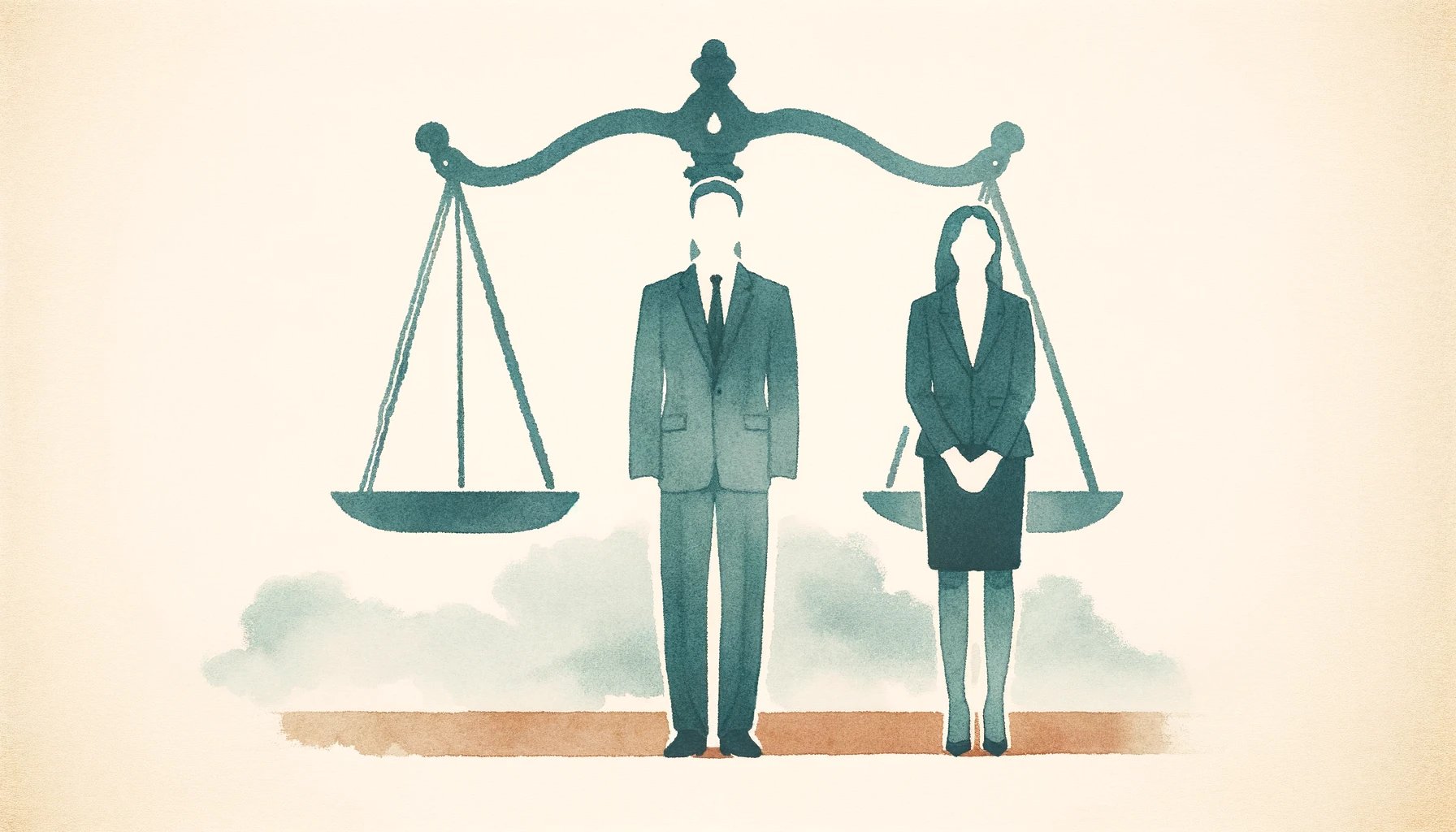
Introduction
This discussion centers around the concept of restitution of conjugal rights as outlined in the Hindu Marriage Act of 1955. Here’s a simplified breakdown:
- Topic: Restitution of Conjugal Rights
- Context: Under the Hindu Marriage Act, 1955
- Focus: Understanding how this legal provision works and its implications in marital relationships.
Facts:
- Background Details:
- Swaraj’s Profession: Swaraj has been a dedicated teacher and headmistress at a government school in Sunam since 1956.
- Marital Details: The couple was married on July 12, 1964, in Sunam.
- Residential Arrangements: Post-marriage, Swaraj continued to reside in Sunam, whereas her husband lived in Delhi.
- Employment of Husband: Initially, the husband did not secure a satisfactory job in India and spent several years abroad.
- Legal Proceedings:
- Petition by Husband: The husband filed a petition for restitution of conjugal rights, claiming Swaraj withdrew from the marital union without a justified reason.
- Appeal by Wife: Swaraj contested the petition, accusing her husband of mistreatment, and alleging demands for dowry and financial contributions from her and her parents.
Issues Involved
Dual Employment Before Marriage: When both spouses have jobs in different locations before marriage, deciding the location of the matrimonial home can be complex.
Relocation of the Wife: Is there an expectation or obligation for the wife to quit her job and move to where the husband resides or works after marriage?
Reasonable Grounds for Non-Relocation: If the wife chooses not to live with the husband in a specific city, such as Delhi, does she have a valid and reasonable excuse for this decision?
Observations
When choosing a home to live in after marriage, both partners must think about what works best for both of them. This decision should take into account where they work and their financial situation. Here are some clear points to consider:
Joint Decision: The decision on where to live should be a mutual agreement, considering both partners’ jobs and economic conditions.
No Set Rules: There is no strict rule that the wife must quit her job to live with her husband. This is especially true if the wife’s job position and financial status are better.
Valid Reasons: The wife had strong reasons for not leaving her job to move to Delhi with her husband. These include her husband’s financial struggles, her stable job, and her husband’s unsupportive behavior.
Proof of Claim: The husband was unable to demonstrate valid reasons for the court to order the wife to return to live with him under the claim of restitution of conjugal rights.
Conclusion
Section 9 of the Hindu Marriage Act pertains to the restitution of conjugal rights. This section is invoked when one spouse leaves the other without a justifiable reason.
- Application: The spouse who feels wronged can approach the district court to request the return of their partner.
- Court’s Role: The court must confirm the accuracy of the claims in the petition and ensure there are no legal reasons to deny the application.
- Decree Issuance: If the court is convinced, it can order the return of the spouse who left.
Important Note:
- Proof of Excuse: If there is a dispute over whether the withdrawal was justified, the spouse who left must prove that there was a reasonable excuse for their departure.
Recent Decision:
- The appeal was successful, and the trial court’s initial decision to dismiss the husband’s petition was reinstated. This ruling emphasizes the court’s role in scrutinizing the reasons behind a spouse’s departure before making a decision.

